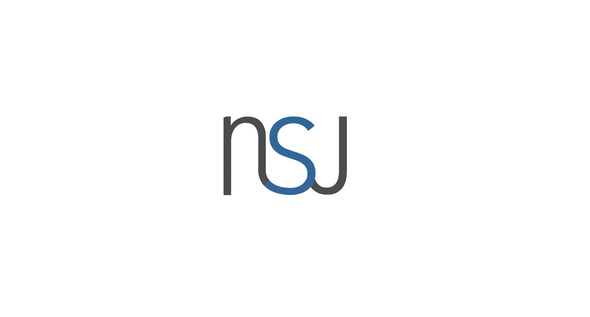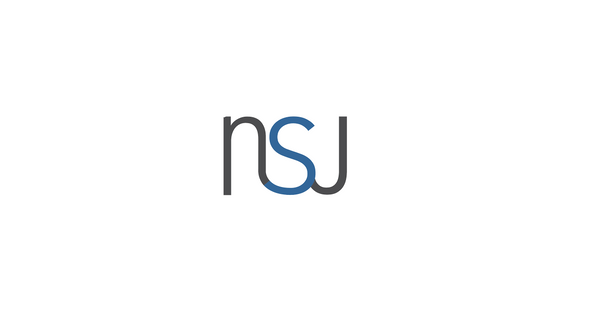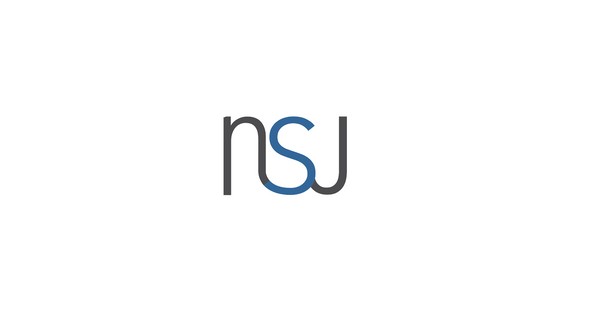Description
p70 S6 kinase alpha Antibody (Rps6kb1) | F43705-0.08ML | Gentaur US, UK & Europe Disrtribition
Family: Primary antibody
Formulation: In 1X PBS, pH 7.4, with 0.09% sodium azide
Format: Antigen affinity purified
Clone: N/A
Host Animal: Rabbit
Clonality: Polyclonal (rabbit origin)
Species Reactivity: Human, Mouse
Application: WB, ELISA
Buffer: N/A
Limitation: This S6k1 antibody is available for research use only.
Purity: Antigen affinity
Description: Rps6kb1 acts to integrate nutrient and growth factor signals in regulation of protein synthesis, cell proliferation, cell growth, cell cycle progression and cell survival. Downstream effector of the mTOR signaling pathway. Phosphorylates specifically ribosomal protein S6 in response to insulin or several classes of mitogens. During translation initiation, the inactive form associatess with the eIF-3 complex under conditions of nutrient depletion. Mitogenic stimulation leads to phosphorylation and dissociation from the eIF-3 complex and the free activated form can phosphorylate other translational targets including EIF4B. Promotes protein synthesis by phosphorylating PDCD4 at 'Ser-67' and targeting it for degradation. Phosphorylates RICTOR leading to regulation of mammalian target of rapamycin complex 2 (mTORC2) signaling; probably phosphorylates RICTOR at 'Thr-1135'. Phosphorylates IRS1 at multiple serine residues coupled with insulin resistance; probably phosphorylates IRS1 at 'Ser-270'. Required for TNF-alpha induced IRS-1 degradation. Phosphorylates EEF2K in response to IGF1 and inhibits EEF2K activity. Phosphorylates BAD at 'Ser-136' in response to IGF1 leading to BAD inactivation and inhibition of BAD-induced apoptosis. Phosphorylates mitochondrial RMP leading to dissociation of a RMP:PPP1CC complex; probably phosphorylates RMP at 'Ser-136'. The free mitochondrial PPP1CC can dephosphorylate RPS6KB1 at Thr-412 which is proposed to be a negative feed back mechanism for the RPS6KB1 antiapoptotic function. Phosphorylates POLDIP3 (By similarity).
Immunogen: A portion of amino acids 481-509 from the mouse protein was used as the immunogen for this S6k1 antibody.
Storage: Aliquot the S6k1 antibody and store frozen at -20 °C or colder. Avoid repeated freeze-thaw cycles.






